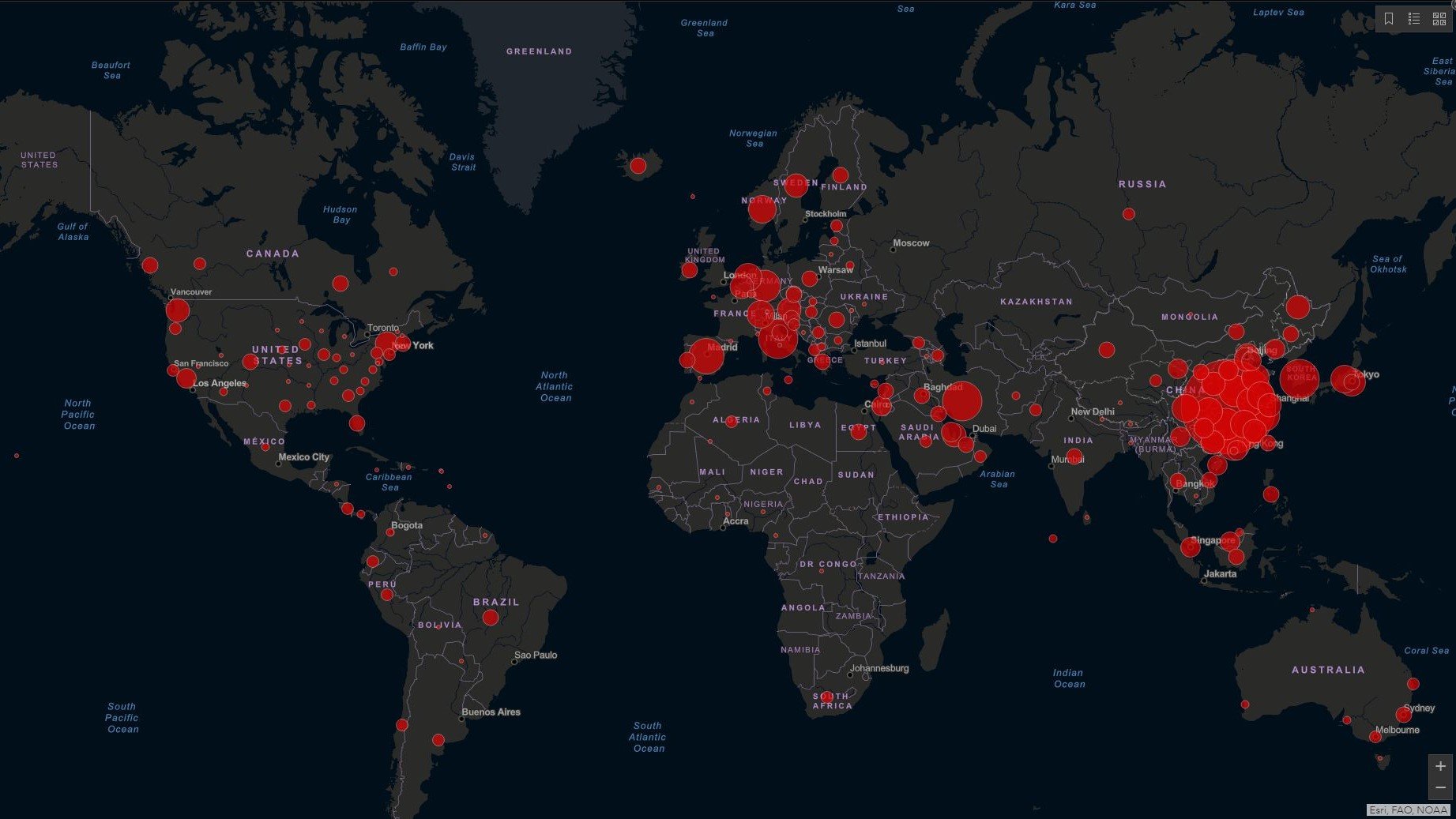

The ongoing coronavirus epidemic has disrupted business operations around the world, but cybercriminals show no signs of slowing down as they try to capitalize on people's fears surrounding the virus. In January, hackers used coronavirus to launch email campaigns that infected users with malware, and now they've started using coronavirus cards to do so as well. Many organizations, including John Hopkins University, have created dashboards to track the spread of the coronavirus, and many people rely on these dashboards to keep up with the latest infection numbers. However, Reason Labs security researcher Shai Alfasi discovered that hackers are now creating fake versions of these dashboards to steal information, including usernames, passwords, and card numbers. credit and other data stored in users' browsers. Unlike legitimate coronavirus dashboards, these fake websites invite users to download an app to help them stay up to date on the situation. This application does not even need to be installed to infect a user's computer with malware. For now, the malware only affects Windows devices, but Alfasi hopes that hackers will find a way to develop a new version that can also infect other operating systems.